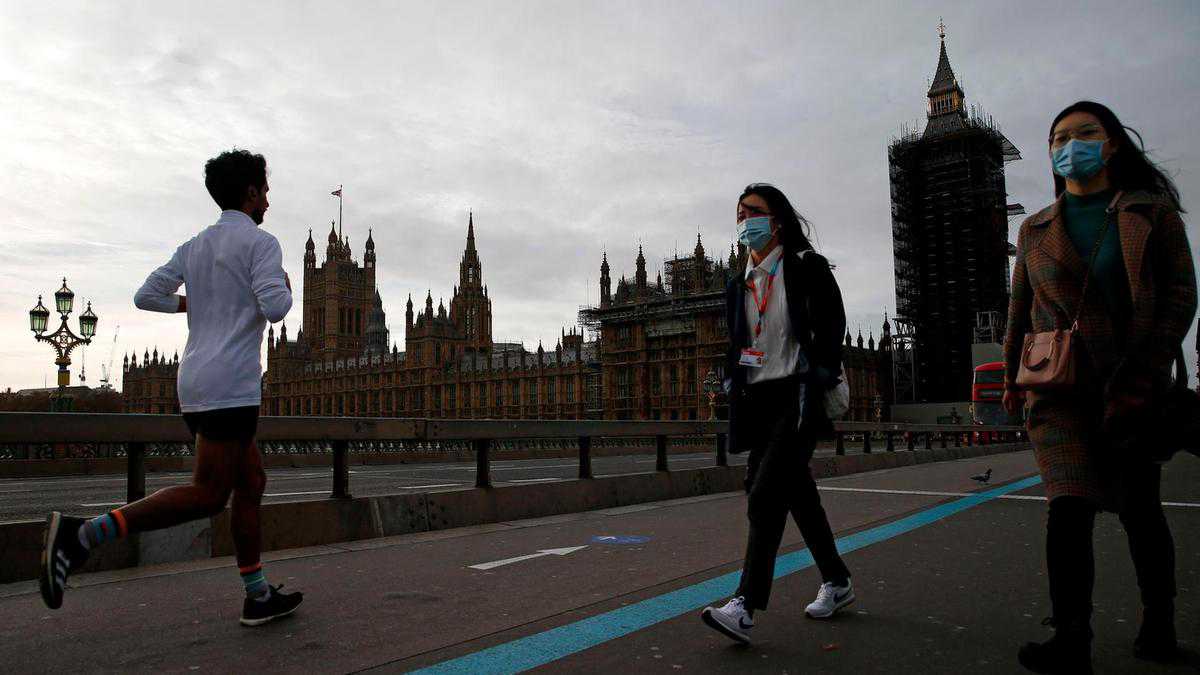Global FDI flows placed for U-shaped recovery on 2022
18 November, 2020

Global foreign immediate investment flows are expected to face a gradual U-shaped recovery on 2022 as it little by little shakes away the impact of Covid-19 in the world economy, according to experts speaking about the global investment outlook over Tuesday.
Foreign investment globally is certainly projected to decline by an additional 5 to 10 per cent on 2021 as Covid-19 dampens investment outlook before gradually rebounding in 2022, professionals reported at a webinar organised by the Islamic Development Lender Group and the US Council in Trade and Development.
“Global FDI will face a U-shaped recovery versus a V-shaped recovery projected for global gross domestic product and trade up coming year. It is normal for FDI to lag behind based on the nature of the investment routine versus the global organization cycle,” explained James Zhan, director, investment and enterprise division, Unctad.
Prospects for recovery rely upon the period of the pandemic and effectiveness of policy response
“Total, the outlook for global purchase, GDP and trade are extremely uncertain. Prospects for recovery depend on the duration of the pandemic and effectiveness of plan response. Furthermore, geopolitical conflicts, financial dangers and trade tensions will put more uncertainty.”
The international FDI flows are anticipated to diminish by up to 40 per cent this season from $1.5 trillion in 2019, regarding to Unctad. This is the first time global FDI will choose below $1tn since 2005.
Global FDI flows dropped 49 % annually to $399 billion in the first fifty percent of the year, the organisation said on a report on October. Developed economies observed the largest fall, with the FDI achieving $98bn in the first six months of the year, an gross annual decline of 75 %.
Producing countries weathered the storm fairly well in the first one half of the entire year, with the average decline of 16 per cent in FDI inflows. Latin America and Africa took the biggest hit in foreign expense while Asia also saw a smaller inflow of FDI, according to Unctad data.
Covid-19, which has infected 55.5 million people globally and claimed more than 1.32 million lives, has tipped the world economy into its worst recession because the 1930s. The International Monetary Fund expects global outcome to shrink 4.4 % this season and recover only modestly in 2021.
The Globe Trade Organisation estimated a 9.2 per cent decline in the quantity of world merchandise for 2020, and forecasted growth of 7.2 per cent for global trade found in 2021.
“Covid-19 led to a triple shock of supply, demand and policy. It had a serious effect on trade, global worth chains and expenditure. The outlook for next two years remains remarkably uncertain,” Mr Zhan advised delegates at a webinar on Affect of Covid-19 on the Global Expenditure Outlook.
On the other hand, he expressed optimism that FDI inventory show of global GDP is normally more than 40 %. Citing the exemplory case of growing countries, Mr Zhan explained the show of their FDI share over GDP is a lot more than 30 per cent.
“We have to ensure to promote new investment and retain and facilitate existing investment during the pandemic and in the quick future,” Mr Zhan added.
Meanwhile, the GDP of IsDB member countries is expected to contract 2 per cent this time, with a substantial deterioration in current balance and fiscal sustainability, Amadou Diallo, acting director basic, global practices at IsDB, a multilateral creation bank centered on Islamic finance, said.
Mr Diallo said the IsDB Group has committed a good funding package of $2.3bn to greatly help its member countries' economies. “We are aiding member countries in mobilising exterior resources and accessing inexpensive short- and medium-term financing for the benefit of the private sector,” he added.
The necessity to implement lockdown procedures in lots of countries has resulted in supply chain and trade flow disruptions, even more worsened by various nations' protectionist method of trade, Oussama Kaissi, leader, Islamic Corporation for the Insurance of Investment and Export Credit, said.
“The risks connected with trade and investment are also heightened because of the pandemic. It has adversely affected urge for food for risk across all sectors. This will reverse the already lacklustre development in global investment in the past decade,” Mr Kaissi informed the webinar.
Source: www.thenationalnews.com
